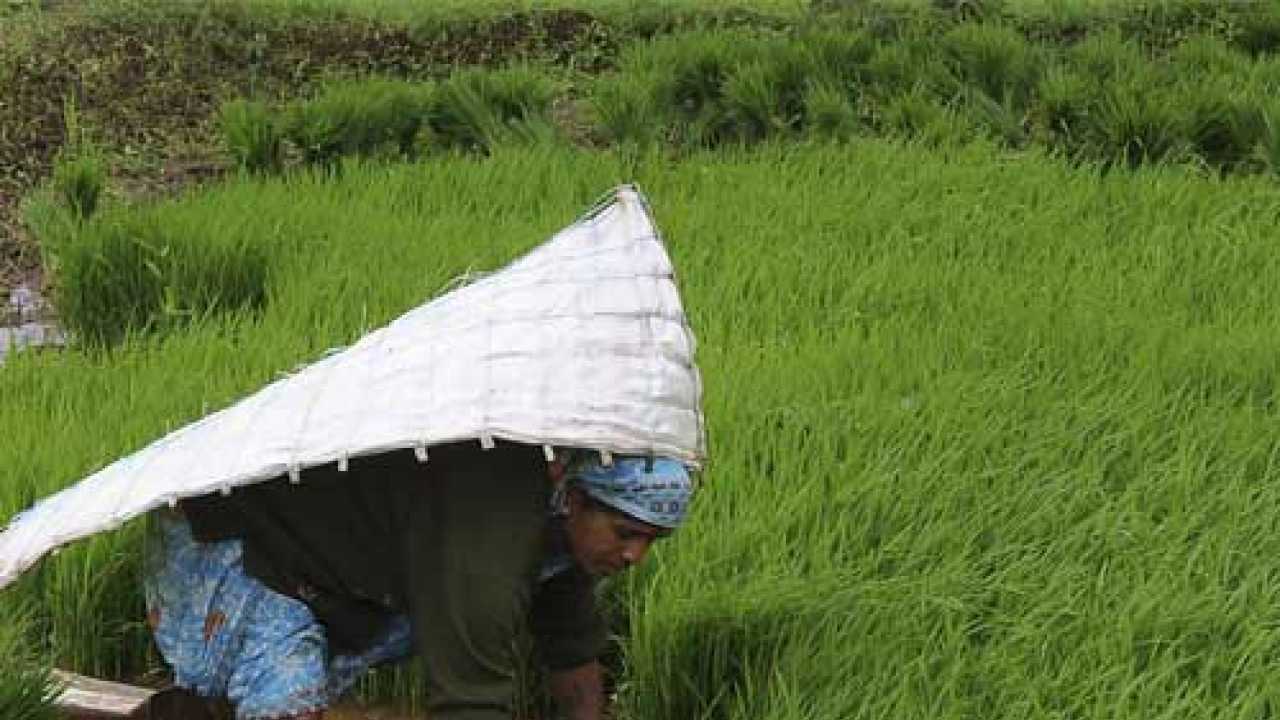
The government would like the world, especially Indian voters, to believe that the food security bill is the best piece of legislation that the country was ever given. In reality, there is every possibility that it will prove to be a disaster within one year of its functioning — especially for small farmers.
To understand why, it is first necessary to look at the grain procurement business. First, food procurement is only meant for wheat and rice. Minimum support prices may be there for all crops, but the mandate for the governments — in states and the Centre — to procure food applies only to these two crops.
Second, barely 55 per cent of the crop produced gets procured. Consider 2004-05 when the country produced 88.6 million tonnes of wheat. The Centre procured 16.8 million tonnes (mn.t) while the states collectively procured 12.9 mn.t. In 2009-10, the country produced 80.7 mn.t of wheat, while the total collection was 44.3 mn.t (25.3 mn.t by the Centre and 19 mn.t by state agencies). Thus procurement, even though it climbed up from 34 per cent-55 per cent, gave 45 per cent of wheat production a go-by.
The procurement percentages are lower in the case of rice, as better quality rice (like basmati) gets exported, or sold in the open market. But a lot (around 40 per cent) of procurement grade rice too is not picked up by government agencies.
But why? Because, there isn’t enough money and the procurement agencies stop when they have reached their quota for a specific area. The other reason is because farmers used to keep away some grains to feed their own families. And because the government has only 63 mn.t of storage capacity. This includes open storage with tarpaulin covers as well.
On the other hand, the combined production of rice (104 mn.t) and wheat (81 mn.t) in 2009 was 185 mn.t.
However, rich and well-connected farmers always manage to get their grains procured. Poor and remotely located farmers are often left out, thus compelled to sell their produce at distress prices. Experts say that the discounts are around 20-30 per cent of the procurement price. Thus instead of getting the support price of Rs1,350 a quintal (100 kg) for wheat, many farmers got less than Rs1,000. This is true of rice as well which has a support price of Rs1,250/quintal.
Unfortunately, with the act, the poor farmer would prefer to purchase his food requirement from the public distribution system (PDS) at Rs3 (or less) per kg.
This would allow him to sell his own grains at the support price (Rs12-13/kg) and get his food at Rs3. Unfortunately, this will not happen, because procurement agencies will ignore him, as in the past. Worse, distress prices will be more heart-breaking than before. With rice and wheat under the bill being pegged at Rs3/kg, open market prices will hover at around Rs7-8, compelling the farmer to sell at a whopping 50 per cent discount to procurement prices.
This will leave small farmers poorer than before. In fact, it could also hurt agriculture because more farmers will focus on growing the standard grade of rice that will be procured by the government. They will not focus on better grades, or even other grain types — pulses and millets for example — thus damaging the food diversity of the country.
So what is the solution? One, procuring the entire produce at support prices. Two, ensure that storage capacities are ramped up. If both are not done, the country will see a more devastated small farmer, and more wastage of grain than ever before. And then you hear the Congress call this bill a panacea?
The author is consulting editor with dna